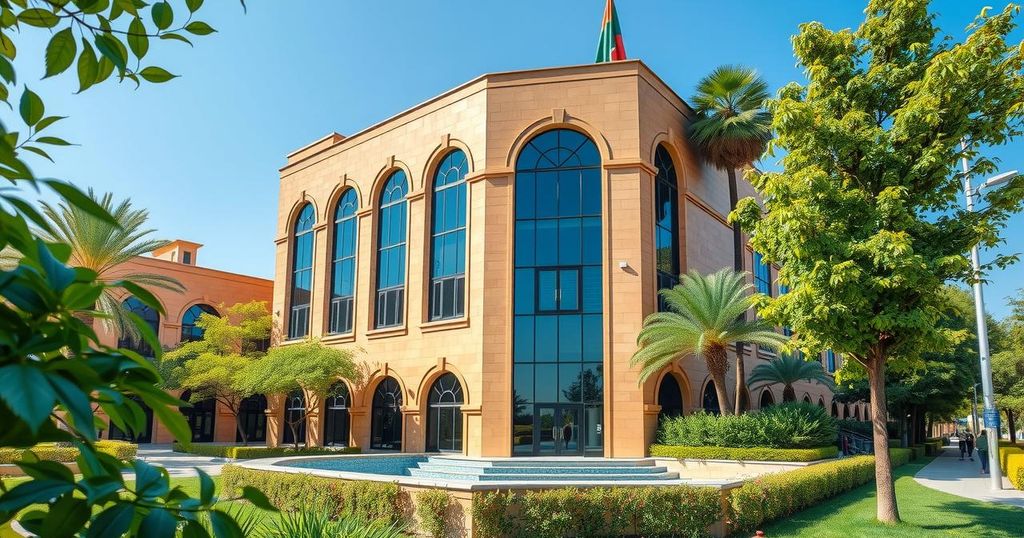Germany has reopened its embassy in Damascus after 13 years, led by Foreign Minister Annalena Baerbock. This move signifies improved relations with Syrian leaders as they confront humanitarian challenges. Baerbock emphasized the importance of controlling extremist groups and reaffirmed Germany’s dedication to humanitarian aid and reconstruction efforts in Syria, along with potential sanctions relief under specific conditions.
Germany has officially reopened its embassy in Damascus, Syria, after a closure of 13 years following the Syrian civil war. The reopening ceremony was conducted by German Foreign Minister Annalena Baerbock, marking her second visit to Syria since the fall of former President Bashar Assad. Although a small number of German diplomats will work in Damascus, visa and consular services will remain based in Beirut, Lebanon.
This reopening signifies an important step in the restoration of diplomatic relations between Germany and the current leaders in Damascus, who face numerous humanitarian and security challenges as they strive to rebuild the country post-Assad. Over one million Syrians, many of whom fled during the civil war, now reside in Germany.
During her visit, Baerbock met with Syria’s interim leaders and stressed the necessity to control and hold accountable extremist groups responsible for recent sectarian violence. Following her discussions with interim President Ahmed al-Sharaa, Baerbock remarked, “It is imperative that extremist groups are brought under control and those responsible for crimes are held accountable.”
Baerbock’s remarks came in the wake of violent clashes in northwestern Syria, resulting in extensive casualties, particularly among civilians and members of the Alawite minority, a group aligned with Assad. Prior to her arrival in Syria, she condemned the targeted killings of civilians, labeling them as a “terrible crime” that significantly impairs public trust.
Furthermore, Baerbock reaffirmed Germany’s ongoing commitment to provide humanitarian assistance to Syria and hinted at a potential easing of sanctions under specific conditions. She stated, “A new political beginning between Europe and Syria, between Germany and Syria, is possible,” contingent upon upholding freedom, security, and equal opportunities for all Syrians, regardless of their backgrounds.
In a related announcement, Germany pledged €300 million ($325 million) in reconstruction aid for Syria during a donor conference that secured a total of €5.8 billion in commitments. Other European nations, including Italy and Spain, have similarly reopened their embassies in Syria, marking a shift in diplomatic engagement in the region.
The reopening of the German embassy in Syria symbolizes a significant step towards mending diplomatic ties following years of conflict. Baerbock’s visit highlights Germany’s commitment to assisting Syria amidst ongoing humanitarian crises and the need for stability and accountability in governance. By pledging substantial reconstruction aid and emphasizing collaboration with interim leaders, Germany seeks to foster a renewed political relationship with Syria based on fundamental rights and security for all its citizens.
Original Source: www.dw.com




